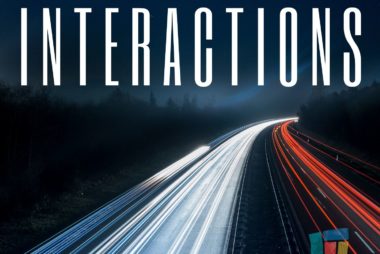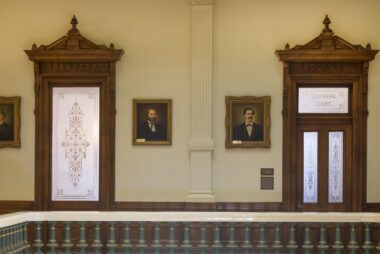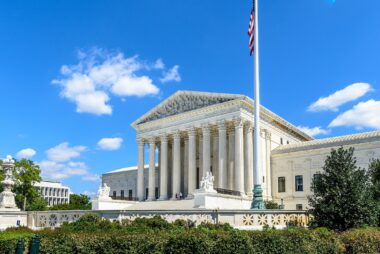“Yes and No: Barth, Bonhoeffer, and Modern Politics” by Elisabeth Rain Kincaid
Photo by Utsav Srestha on Unsplash. This article is part of our “Reflecting on Barth, Bonhoeffer and Modern Politics” series.If you’d like to check out other articles in this series, click here. Beloved author J.R.R. Tolkien survived the First World War’s trenches, confronted the intellectual challenges and questions of modernity, and then wrote his epic works…















